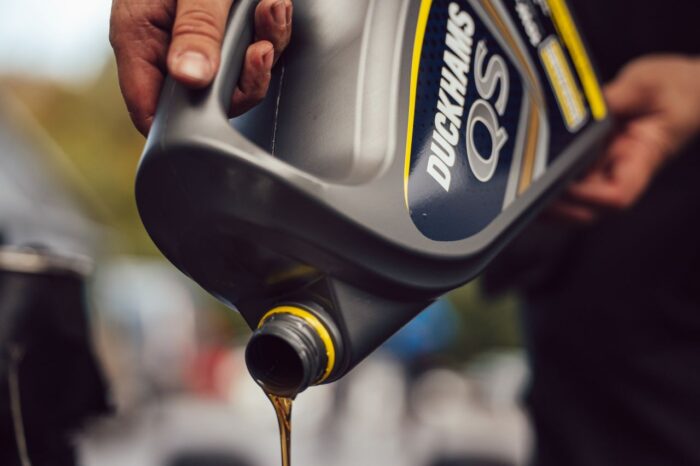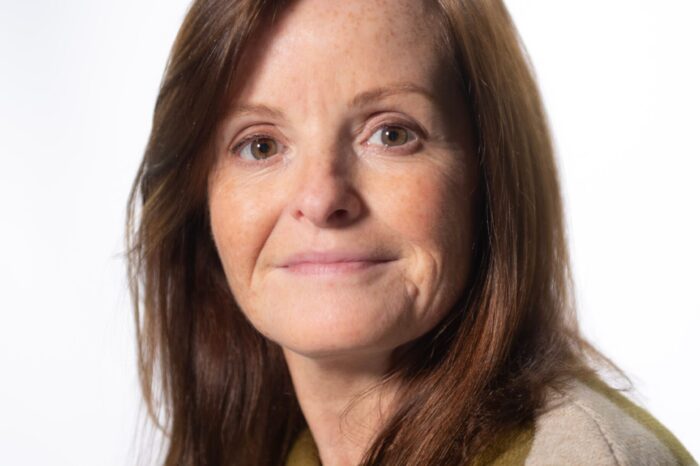PUBLIC HEALTH CONCERNS AS BIN WORKERS STRIKE CONTINUES

Bin strikes across 13 of Scotland’s councils are continuing as deputy first minister John Swinney described the action in Edinburgh as “deeply concerning” for public health.
Cleansing staff in Edinburgh have been on strike since 18 August with rubbish now piled throughout the city. Thirteen other council areas went on strike including East Renfrewshire, Glasgow, Falkirk and West Lothian.
Mr Swinney said the issue was “deeply concerning on a host of levels, not least in relation to public health.”
From today a further six councils will join the strike. These areas are Aberdeenshire, Midlothian, Stirling, Orkney, North Lanarkshire and Perth & Kinross.
Further talks between the unions and Mr Swinney were held on Wednesday evening, but a deal is yet to be agreed.
The unions described the talks as “constructive” and have asked the Scottish government to “directly engage” in further negotiations with Cosla (Convention of Scottish Local Authorities), the body representing local government.
Cosla said its rejected pay offer would have meant the lowest paid 12% of council workers would get more than a 5% increase. The trade unions are calling for more funding from the Scottish government to pay for a better pay offer.
Mr Swinney said £140m of new money had already been allocated to the local government pay settlement. When asked about the impact of the strike in Edinburgh, he said: “I think the condition of the city of Edinburgh just now is deeply concerning on a host of levels, not least in relation to public health.
So I acknowledge the significance of the issue which is why I want to see the industrial action resolved why I would prefer it didn’t spread to other parts of the country.”
Johanna Baxter, Unison Scotland’s head of local government, has said the union was “a long way” from agreement.
Speaking after the talks with Mr Swinney, she added: “We welcome that he listened to Unison concerns and was keen to explore how he could support getting council pay talks pay back on track.
We were clear that we need to rethink not only the construction of the pay offer, so that those on the lowest incomes are fairly treated, we also need to explore ways in which we can increase the overall cash available to come to a fair offer.”
Wendy Dunsmore, industrial officer at the Unite union, said Mr Swinney had told them he would now “engage Cosla on a mechanism which could facilitate funding but that this would not come directly from the Scottish government”.
She added that the trade unions now want the Scottish government to “directly engage” in the negotiations with Cosla.
Unite said that for more than half of local government workers, Cosla’s offer represented an offer of between £900 to £1,250 when the UK government is offering council workers in England a £1,925 flat rate pay offer.
The GMB has described the package on offer as “bitterly disappointing and frankly shameful”.
Colsa said its latest pay offer amounts to “one of, if not the best offer in decades for Scottish local government workers” with some workers getting an overall 7.36% increase.








